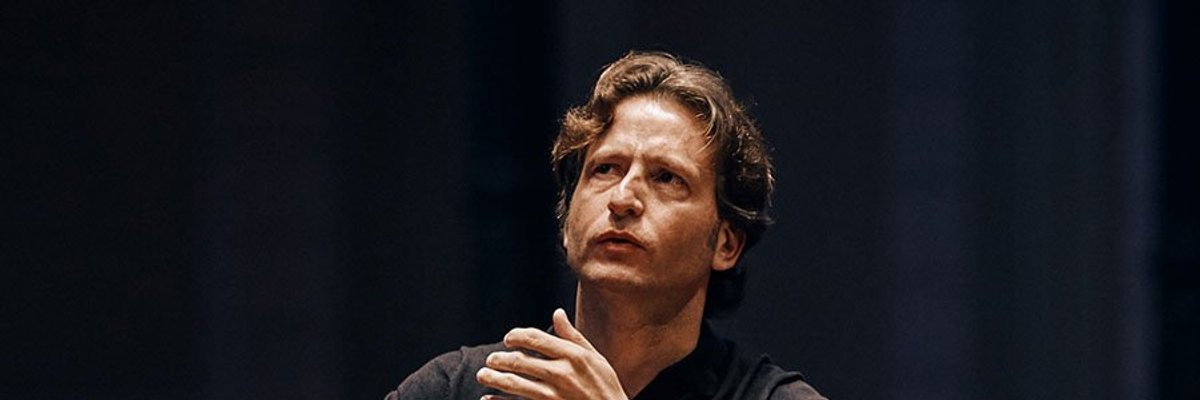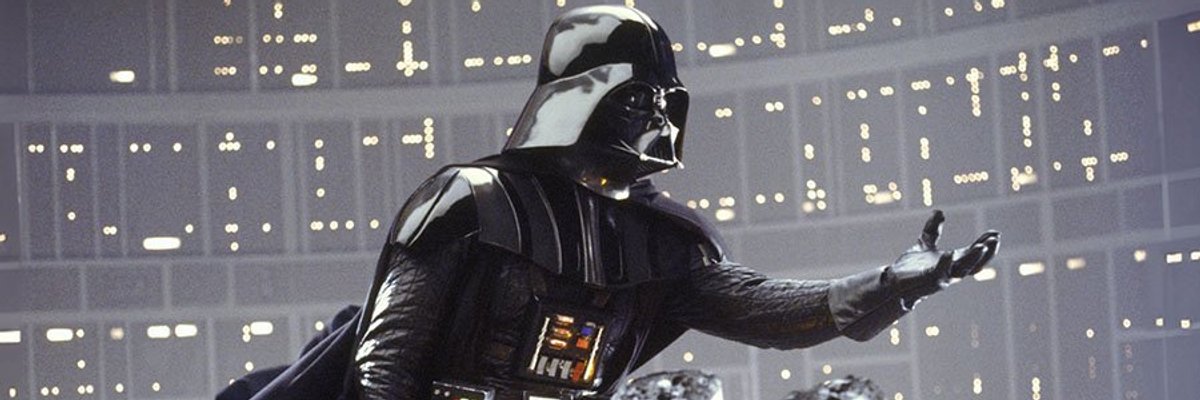Let’s get one thing straight: Werner Herzog’s Bad Lieutenant: Port of Call New Orleans is not a remake of Abel Ferrara’s Bad Lieutenant, the grittier 1992 drama starring Harvey Keitel as a corrupt cop suffering a crisis of conscience, nor is it a sequel. Like Keitel, Nicolas Cage plays a drug-addicted lawman on a mission to self-destruct – his personal life is a disaster and his bosses are sick of his indiscretions. But Port of Call New Orleans is a far cry from Ferrara’s harrowing horror show.
If anything, Herzog’s tone is lighter, more playful. He ratchets up the tension deliberately, pushing Cage’s frazzled lieutenant to his breaking point and sitting back to watch the fireworks. And Cage, who’s at his unbridled best when he lets loose with the loony, doesn’t disappoint. Watching him transform himself into a wild-eyed urban cowboy is a giddy pleasure – the man can still act when he wants to – and his performance lends itself as much to his desperation as to the dark comedy implicit in his mania.
It’s not that Terence McDonagh (Cage) is an unrepentant wretch or even a bully with a badge, though at times he fits both profiles comfortably. He is a man compromised by his addictions – to gambling, booze and whatever drugs he can buy or steal. At first it’s prescription pills to ease his aching back, injured while saving a convict from drowning in his cell during the Katrina floods. McDonagh quickly graduates to the harder stuff, much to the delight of Frankie (Eva Mendes), his prostitute girlfriend.
Does dependency absolve him of his sins? McDonagh doesn’t seem to care. Unlike Keitel’s nameless lieutenant, so tortured by the depravity that runs counter to his Catholic upbringing, Cage’s rogue cop is neither spiritual nor particularly introspective – he’s too busy cleaning up his messes to pause and reflect. He lies, he cheats, he extorts perps for kickbacks and sex. But he rarely second-guesses himself until his back is against the wall.
Herzog, who seems to delight in McDonagh’s excesses, never passes judgment on his erratic antihero, even when he hits bottom. It’s probably just as well – there’s nothing ambiguous about McDonagh’s amorality, much less his willingness to break the law when it suits him. Yet his decency shines through at the unlikeliest moments, as when he adopts his father’s dog and lovingly parades it around the hurricane-ravaged Big Easy, to comic effect, in the middle of a murder investigation.
McDonagh’s road to redemption is paved with hallucinatory interludes in which Herzog seems more interested in creating a portrait of the lieutenant’s madness than in having him deal with the routine police cases that arrive at his desk. His demons assume corporeal form – alligators and iguanas, photographed by Herzog using a handheld camera, that Cage leers at like old friends. They are the products of a drug-addled mind, and a nice surreal touch in a movie that, like its star, is never afraid to go over the top.
All of which brings us to Cage, an actor every bit as frustratingly erratic as his character. We’ve seen him slumming in disposable thrillers like Bangkok Dangerous (2008) and Neil LaBute’s misguided remake of The Wicker Man (2006), but his spirited performance in Port of Call New Orleans ranks among his very best.
Here, he is a lunatic force, a one-man Katrina wreaking havoc on a city already in shambles, and Cage rises to the occasion with a fearless, man-on-a-tightrope showing. Unlike Keitel, whose bad lieutenant was a furiously self-loathing train wreck, morose to the end, Cage gives us as much reason to laugh as to recoil. He lets himself go to stunning effect, much as he did in 1995’s Leaving Las Vegas (for which he won an Oscar) and all too infrequently since then. You won’t want to take your eyes off him.
- Wine Country
- Holiday Gift Guide
- Holiday Recipes
- Events + Openings
- Workouts + Wellness
- Culinary Road Trip
- Community + Activism
- Cooking Videos
- COVID-19
- LGBTQ Pride
- Art + Design
- popular
- Test
- San Francisco
- East Bay
- Oakland
- Marin
- Silicon Valley
- Tahoe
- Secret Recipe
- Foodie Agenda
- Drink Here Now
- The Big Eat
- Play
- Tech
- Weddings
- Top Stories
- From Our Partners
- Property Porn
- Apartment Porn
- Brunch Topics
- Cannabis Insider
- Weekend Guide
- Monthly Agenda
- The Sunday Read
- Neighborhood Guide
- Best of San Francisco
- Most Popular
- Travel
- Dining + Restaurants
- Style Council 2016
- Cannabis
- 7x7 Hot 20
- 7x7 Cannabis Guide
- Bay Area Wellness Guide
- Shop Talk
- Music + Concerts
- Bay Area News
- News + Politics
- Restaurant Review
- Made in the Bay Area
- Style Council 2017
- Humor
- Manually populated
- Right Rail Most Read
- Sports
By
Related Articles




















